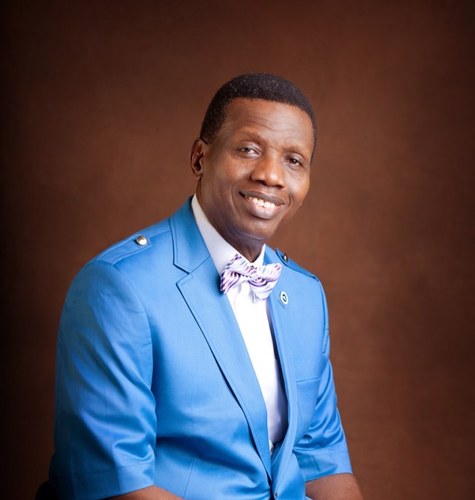The unnamed doctor said the Christian man arrived at the hospital, badly needing hemodialysis.
Because no one else was providing him the care he needed, the doctor gave him the dialysis using medicine donated to the hospital through a form of Islamic alms-giving called zakaat
Immediately after administering the medicine, a nurse got angry at him because the patient turned out to be a Christian, which means the patient was forbidden from receiving or using Islamic alms.
"They attributed my lack of knowledge about the alms laws to the fact that I belong to a minority Muslim sect," the doctor wrote on The Guardian.
He didn't know it was just the beginning of what was going to be a string of harassments and death threats that was coming his way.
His department conducted an inquiry about the situation, during which he was discriminated against. Furthermore, he earned the ire of an organization that gives donations to the hospital.
"The workplace discrimination gave way to threatening phone calls and vandalism of my car and bike," he said in the article. "I was threatened with death at a medical conference hosted by the chair of the same NGO which had complained about me."
To make matters worse, the people he offended discovered he was living in Pakistan alone with his wife because his family had all migrated to the U.S.
This made him feel vulnerable. Eventually, he and his wife decided to seek political asylum in the U.S., where they are now staying.
"Humanity is the core of any religion," he concluded. "I faced backlash that would change my life forever. But, in the name of humanity, I deem that it was all worth it."
Religious persecution in Pakistan is high. Converting a Muslim person to another faith is a capital crime, and killing someone who left the Muslim faith is considered as an honor, a report said.
Pakistan ranks sixth in Open Doors' World Watch List, which identifies the countries where Christians are most persecuted. Islamic extremism is the driving force behind the persecution.

